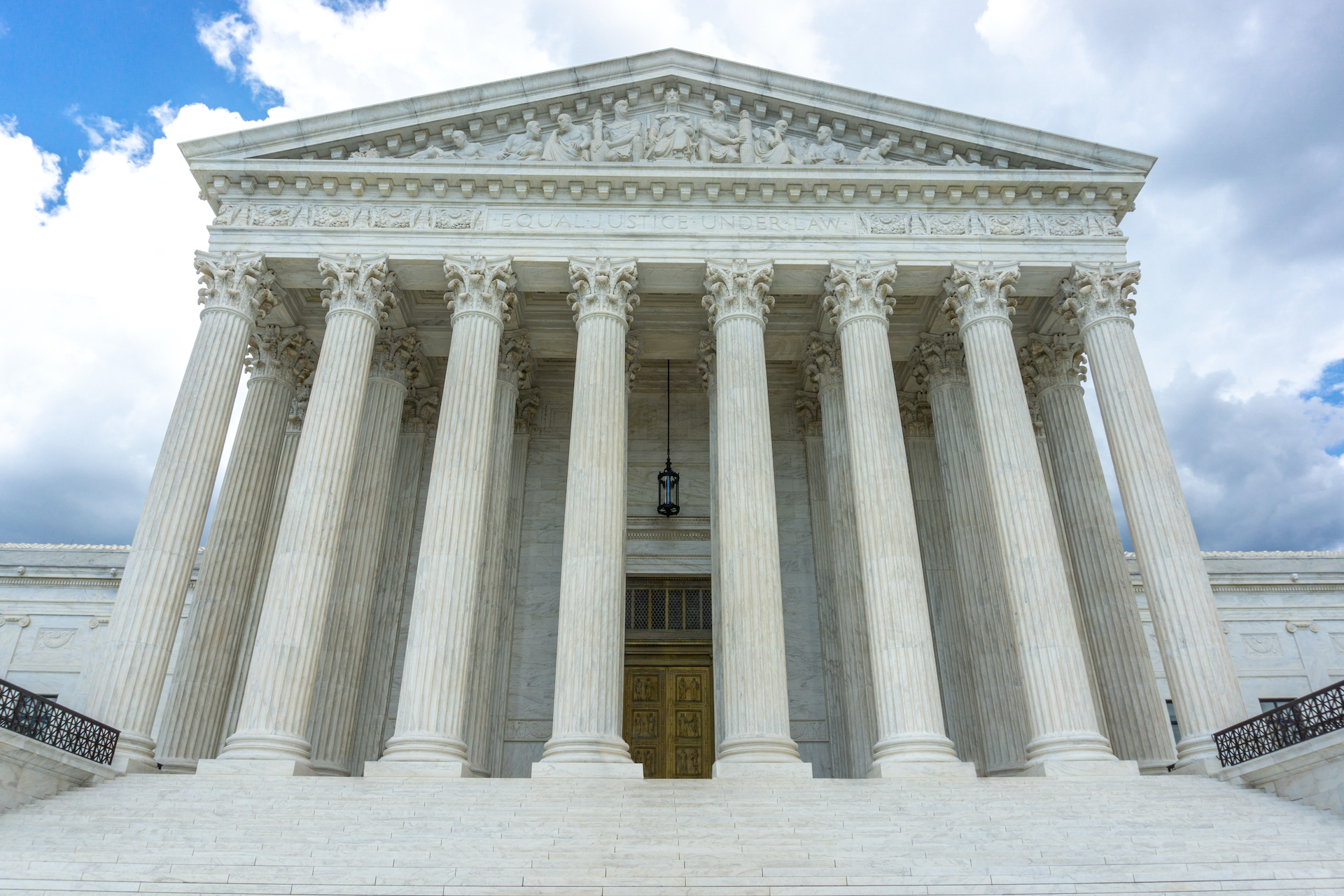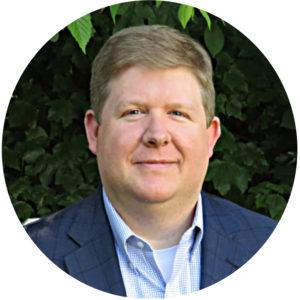U.S. Supreme Court Delivers Win for Parents

Yesterday, the U.S. Supreme Court announced a landmark decision. No, not that one.
The Court’s eagerly anticipated decision in the Dobbs case—one that will determine if Roe v. Wade is still good law—will have to wait another week, or maybe two. But while the world waits to learn the fate of abortion restrictions in America, today’s decision in Carson v. Makin is a significant win for parents, for their children’s education, and for religious freedom.
In a 6-3 opinion, the High Court ruled that parents who have state resources made available to them for their child’s education cannot be prevented from using those resources at schools with religious affiliation or teaching. The case rose out of an interesting fact pattern. Two families in Maine lived in area where there literally was no public school. Under an education scholarship account program, the parents could use state resources to send their children to a private school, but the school had to be secular. The families challenged this as a violation of the First Amendment.
Today #SCOTUS held today that a state may not prohibit families in #EdChoice programs from selecting schools that provide religious instruction.
🧵https://t.co/ooNDhS2LVC pic.twitter.com/HjDy3V4cbX— Institute for Justice (@IJ) June 21, 2022
A decade ago, this challenge would have probably failed. But in recent years, the Supreme Court has bucked precedent that upheld state restrictions, like so-called Blaine amendments, that prevented the use of public resources on religious education. It had long been argued that allowing public resources to be spent this way would amount to an unconstitutional establishment of religion. In a series of recent cases, the Supreme Court has questioned this logic.
After all, a program which empowers families to find the best education option for their student does not require or express any kind of preference that they ultimately choose a religious school. Giving families options is not an endorsement of any religion or denomination. On the flipside, operating scholarship programs that give families education freedom, except if their choice would be a religious school, is actually a form of viewpoint discrimination by the state. It is robbing parents from exercising control over their own tax dollars to decide what is best for their own children.
The Carson decision is the culmination of this logic. The Court, in ruling in favor of the two Maine families, makes clear that states that allow money to follow the child cannot exclude religious schools from being an option for families. This is great news for lawmakers who have constituents concerned about what their children are being taught in school and would prefer a school setting rooted in doctrinal faith. Certainly, the last two years have yielded heightened scrutiny of certain cultural and social agendas that many perceive to be inaccurate and destructive.
One of the chief arguments against school choice has always been that options outside of public schools are limited, particularly in many rural areas. In economic terms, that there is a school supply problem. With religiously affiliated private schools now in a position to receive students using state education scholarship programs (in states that have them), the number of viable options just dramatically expanded.
Mostly, this ruling is good for families, who have a path paved to find what works for their kids and to be able to express their own religious and moral preferences through the education decisions they make. Of course, this newfound benefit can only be realized in states that already recognize the importance of giving families choice by allowing education money to follow the child. The Carson decision presents an opportunity to rethink education funding options across the country and right here in Mississippi.
Do you believe that education dollars should follow the child?
